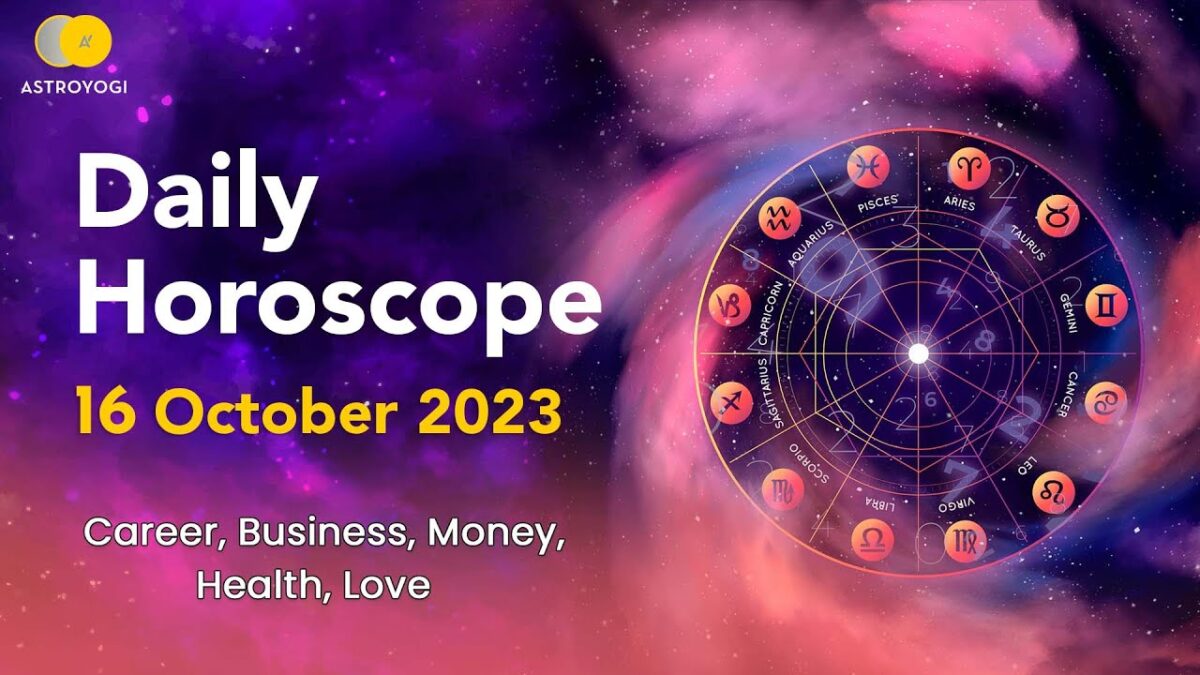Astrology, an ancient practice deeply rooted in various cultures best astrologer in new york, has long fascinated and intrigued humanity. It revolves around the belief that celestial bodies’ positions and movements can influence human affairs and natural phenomena. For millennia, people have looked to the stars, attempting to discern patterns and gain insights into their lives, relationships, and destinies through astrological interpretations.
Originating thousands of years ago, astrology was pivotal in shaping ancient civilizations’ beliefs and guiding decision-making processes. The ancient Babylonians, Egyptians, Chinese, and Greeks all contributed significantly to its development, laying the foundations for the diverse astrological systems we encounter today.
The fundamental premise of astrology lies in the Zodiac, a belt divided into twelve segments, each associated with specific constellations. These segments, known as astrological signs, are determined by the position of the sun at an individual’s birth. Each sign is believed to possess unique characteristics, traits, and influences that shape an individual’s personality and life path.
Astrology operates on the principle that celestial alignments, such as the positions of planets and stars, influence human behavior and destiny. Astrologers analyze these planetary movements concerning an individual’s birth chart or horoscope to make predictions or offer guidance about various aspects of life, including relationships, career, health, and more.
Critics often dismiss astrology as pseudoscience due to a lack of empirical evidence supporting its claims. Skeptics argue that the perceived connections between celestial events and human experiences are purely coincidental or the result of psychological factors like confirmation bias. The scientific community largely rejects astrology’s validity, emphasizing the absence of a plausible mechanism through which celestial bodies could affect human lives.
